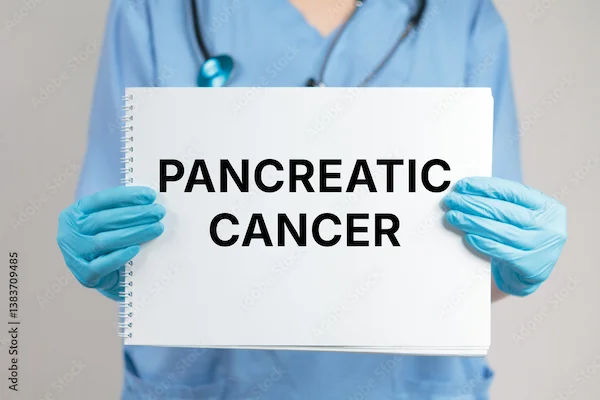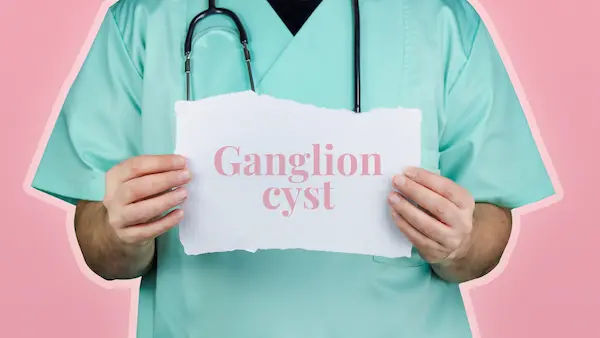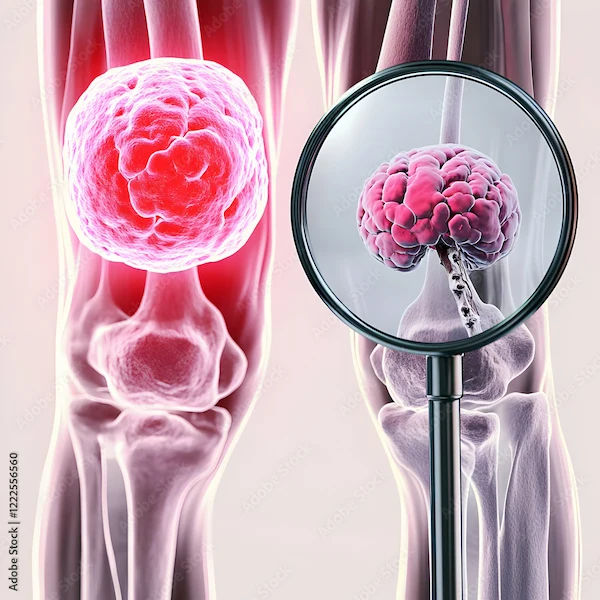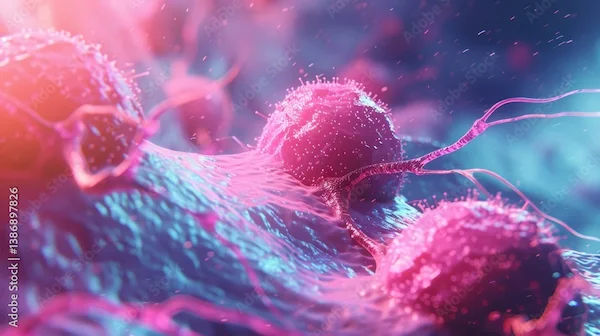Hereditary and Familial Cancer Differences Explained
Understand the key differences between hereditary and familial cancers, including causes, risk levels, patterns, and prevention steps for better health management.

Written by Dr. Shaik Abdul Kalam
Reviewed by Dr. Dhankecha Mayank Dineshbhai MBBS
Last updated on 13th Jan, 2026

Cancer is a disease that affects millions of people worldwide, and sometimes, it can run in families. If you or a loved one has been diagnosed with cancer, you may have heard terms like hereditary cancer or familial cancer. While they sound similar, they have important differences. Understanding these can help you take the right steps for prevention, early detection, and treatment.
Let’s break it down in simple terms.
What is Hereditary Cancer?
Hereditary cancer is caused by an inherited gene mutation (a change in your DNA) passed down from a parent. These mutations significantly increase the risk of developing certain cancers.
Key Features of Hereditary Cancer:
- Caused by a known genetic mutation (e.g., BRCA1 or BRCA2 genes for breast and ovarian cancer).
- Multiple family members across generations may be affected.
- Early onset – cancer may appear at a younger age than usual.
- There is a higher risk of developing multiple cancers in one person.
Common Hereditary Cancer Syndromes:
1. Hereditary Breast and Ovarian Cancer (HBOC) Syndrome – Linked to BRCA1 and BRCA2 mutations.
2. Lynch Syndrome – Increases the risk of colorectal, endometrial, and other cancers.
3. Li-Fraumeni Syndrome – Raises the risk of multiple cancers, including breast, brain, and sarcomas.
If you have a strong family history of cancer, genetic testing can help identify if you carry these mutations.
What is Familial Cancer?
Familial cancer means that cancer appears more often in a family than by chance, but there is no clear inherited gene mutation identified. It could be due to shared lifestyle factors, environmental exposures, or unknown genetic factors.
Key Features of Familial Cancer:
- No single gene mutation is found, but cancer risk is still higher in the family.
- Multiple relatives may have the same or related cancers.
- Less predictable than hereditary cancer—may not follow a clear pattern.
Possible Reasons for Familial Cancer:
- Shared habits (smoking, diet, lack of exercise).
- Exposure to the same environmental toxins (pollution, radiation).
- Unknown genetic factors have not yet been discovered
Hereditary vs. Familial Cancer: Key Differences
What Should You Do If Cancer Runs in Your Family?
1. Know Your Family History
- Please keep track of which relatives had cancer, their age at diagnosis, and the type.
- Share this with your doctor to assess your risk.
2. Consider Genetic Testing (If Recommended)
- If hereditary cancer is suspected, a genetic counsellor can guide you.
- Tests like BRCA or Lynch syndrome screening can help plan prevention.
3. Get Regular Screenings
- Early detection saves lives. If you’re at higher risk, you may need:
- Mammograms or MRIs (for breast cancer risk).
- Colonoscopies (for colorectal cancer risk).
- Other tests are based on family history.
4. Adopt a Healthy Lifestyle
- Eat a balanced diet (more fruits, vegetables, whole grains).
- Exercise regularly.
- Avoid smoking and limit alcohol.
5. Discuss Preventive Options
- Some high-risk individuals may consider preventive surgeries (e.g., mastectomy for BRCA carriers).
- Medications like tamoxifen may reduce breast cancer risk.
When to See a Doctor?
If you answer YES to any of these, consult a specialist:
- Multiple close relatives with the same cancer.
- Cancer diagnosed at a young age (before 50).
- One person in the family with multiple cancers.
- Rare cancers (e.g., ovarian, pancreatic) in the family.
- A genetic counsellor or oncologist can help assess your risk and recommend next steps.
Get Your Symptoms Checked now
Final Thoughts
While hereditary and familial cancers both involve family history, the key difference lies in whether a specific gene mutation is identified. Knowing your risk can help you take control of your health through early screening, lifestyle changes, and preventive measures.
If you’re concerned about your family’s cancer history, Apollo 24|7 offers genetic counselling and cancer risk assessments. You can book a consultation or schedule a test easily through the app or website.
Consult Top Specialist
Consult Top Specialist

Dr. Rupam Manna
Radiation Specialist Oncologist
7 Years • MBBS MD(RADIO THERAPY), CCEBDM
Barasat
Diab-Eat-Ease, Barasat

Dr Gowshikk Rajkumar
Oncologist
10 Years • MBBS, DMRT, DNB in Radiation oncology
Bengaluru
Apollo Clinic, JP nagar, Bengaluru

Dr. Sanchayan Mandal
Medical Oncologist
17 Years • MBBS, DrNB( MEDICAL ONCOLOGY), DNB (RADIOTHERAPY),ECMO. PDCR. ASCO
Kolkata
MCR SUPER SPECIALITY POLY CLINIC & PATHOLOGY, Kolkata
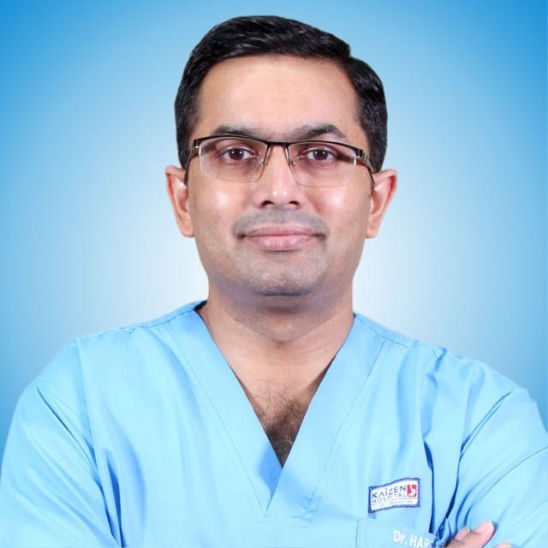
Dr. Harsh J Shah
Surgical Oncologist
15 Years • MS, MCh (GI), DrNB (GI)
Ahmedabad
Apollo Hospitals Gandhinagar, Ahmedabad
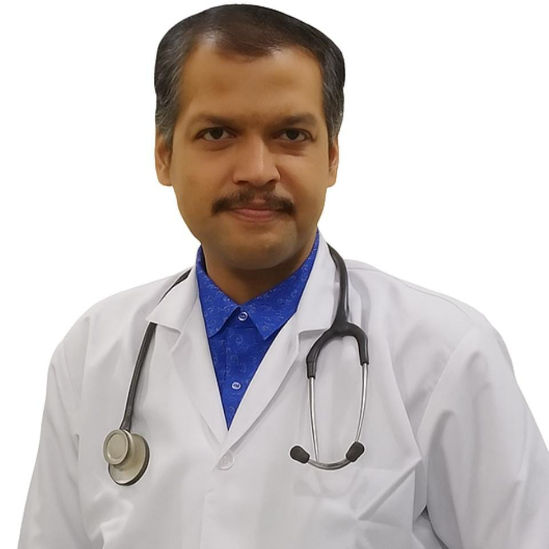
Dr Prasanna Rammohan
Oncologist
18 Years • MBBS,MD,DM(Oncology),ECMO,FCPM
Tiruchirappalli
Apollo Speciality Hospitals Old Palpannai, Tiruchirappalli
